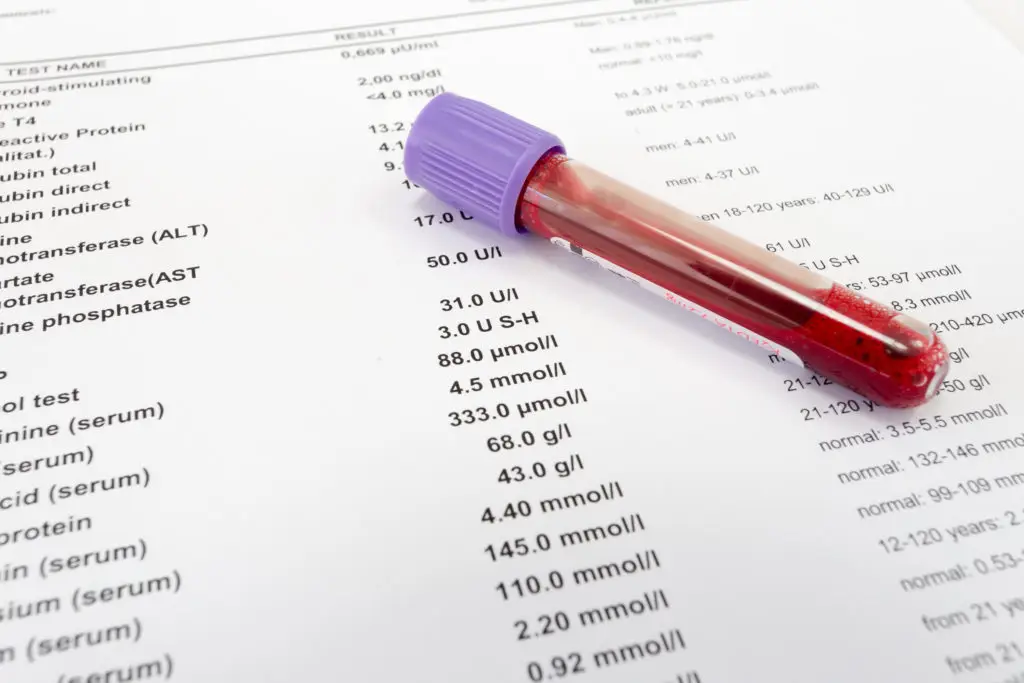
A jury in San Francisco awarded $388,000 to a deceased 59-year-old patient’s family after finding that her doctor failed to adequately check the woman’s blood levels after prescribing her the medication Coumadin, a brand name of blood-thinning drug warfarin.
The doctor is a prominent cardiologist in the Bay Area and was the president of the San Francisco Medical Society.
Facts of the Case
The patient, Michelle, underwent mitral valve replacement surgery in July 2009 after being diagnosed with a cardiac condition. Following surgery, her cardiologist instructed her to take Coumadin daily to address potential post-surgical blood clotting around her new mechanical mitral valve.
If Coumadin thins a patient’s blood too much, the patient is at risk of death from the blood’s inability to clot. Coumadin’s effect on blood is measured using International Normalized Ratio (INR). In this case, the therapeutic range was 2.5-3.5.
Three days following her hospital release, on August 4, the doctor tested Michelle’s blood and discovered her INR was in the normal range.
After a week, on August 12, she returned to the doctor’s office and complained of a rash. Skin rashes are known complications of Coumadin and may sometimes be a sign of internal bleeding. Despite the patient’s complaints, the cardiologist did not test her blood at this visit.
On August 19, a week later, Michelle’s family reached out to the doctor’s office to report that she was lethargic and had lost her appetite. Again, the patient’s blood was not tested for abnormalities.
Michelle’s family found her bleeding and unconscious on August 26. Her INR was >24. She passed away the following morning as a result of hemorrhagic bleeding.
Warfarin Considerations
Anticoagulants like Coumadin are often prescribed to prevent blood clotting and the adverse effects of clotting, like strokes and heart attacks. Coumadin “may be the poster child for potential medical malpractice liability relating to pharmacogenetics,”[1] according to the authors of a study published in 2015 in The Journal of Law, Medicine, and Ethics. Too low of a dose can lead to stroke, while too high of a dose can lead to excessive bleeding.
Adverse drug events are a major preventable cause of hospitalization. A 2011 research study conducted by the CDC showed that, for adults 65 and over, adverse drug events account for nearly 100,000 hospital admissions annually. Of these admissions, around two-thirds are related to unintentional overdoses using commonly prescribed medications. Almost one-third involved warfarin-related hemorrhages.[2]
At Trial
Michelle’s daughter, Jessica, filed a complaint on July 30, 2010. Her attorney argued that if Michelle’s cardiologist had performed more frequent blood testing while overseeing the patient’s taking of Coumadin, he would have detected the abnormal blood thinning that ultimately led to deadly internal bleeding. The attorney emphasized that expert witnesses for both the prosecution and defense agreed that, due to its powerful nature, the effects of Coumadin must be closely monitored.
The doctor’s counsel presented an expert witness who disagreed that Coumadin, which the cardiologist had experience with prescribing for over two decades, was the cause of Michelle’s death. The expert witness argued that the doctor acted within the reasonable standard of care. Ultimately, 11 out of the 12 jurors disagreed with the defense’s witness.
This disagreement may have stemmed from the fact that it’s considered common knowledge amongst medical professionals that Coumadin can cause strong adverse reactions,[3] as demonstrated by the agreement from expert witnesses from both sides of the case that the drug is powerful and needs to be meticulously monitored. It is undisputed that failure to monitor Coumadin can result in death.[4]
Coumadin can be sensitive to certain supplements, foods, and other medications. The drug’s metabolism is affected heavily by the patient’s genetics, and the total therapeutic effects of the medication may take a few days to appear. Appropriate initial doses for patients vary widely. Doctors prescribing Coumadin must watch their patients closely for adverse side effects or any concerning symptoms, as the plaintiff’s expert witness stated at trial.
Following a one-month trial, the jury determined 11-1 that the cardiologist’s negligence was a “substantial factor” in Michelle’s death. Jurors awarded her daughter $1 million for emotional distress and $138,000 for funeral expenses and for medical costs.
Appeal Against MICRA
Due to a California medical malpractice emotional harm damages cap, the Medical Injury Compensation Reform Act of 1975 (MICRA), the distress sum was eventually reduced by $750,000, leaving $250,000.
In 2015, the daughter appealed the original judgment to argue that the reduction of her award under MICRA violated her right to due process, equal protection, and the right to a jury trial. The Court of Appeal of the State of California ruled against her.
After Trial
Following the trial, the defense attorney remarked that “Two extremely well-qualified experts believed the doctor had provided appropriate care. We’re disappointed the jury did not see it that way.”
A case like this is an excellent example of the importance of expert witnesses. Attorneys rely on their experts to make the strongest case possible to inform the jury of the complicated details of the situation at hand. In this case, while the experts agreed about the power of the drug in question and the necessity of close monitoring after a doctor prescribes it to a patient, the experts made opposing arguments as to whether or not the doctor’s actions were substantially related to the patient’s untimely death.
Whether you are representing a plaintiff or defendant in a medical malpractice case, medical expert witnesses are the key tool in helping win cases. Cambridge Medical Experts provides superior expert witnesses for all medical malpractice claims. Call us today to learn more about our experts and how they can improve the outcome of your case.


